We all have hectic schedules these days, which makes exercising regularly a mighty task. But if you are new to the fitness journey, the best way to do it would be to ask yourself a couple of questions related to your body. One of the biggest questions that would make a difference is this – What is basal metabolic rate? Read on to learn all about it.
During the day, your body burns a certain number of calories while performing its basic functions. The Basal Metabolic Rate (BMR) calculates the basic calorie amount you need for the day. Here’s what you should know about BMR and how you can use it to stay healthy even as you grow older.
Definition of metabolism
In simple terms, metabolism is the chemical reaction or conversion of food into energy in your cells.
What is Basal Metabolic Rate?
The body uses energy only to maintain organs like the lungs, heart, kidneys, intestines, nervous system, liver, skin, and muscles. The Basal Metabolic Rate (BMR) calculates the calories you burn while:
- breathing,
- temperature regulation,
- blood circulation,
- nutrition processing
- cell production.
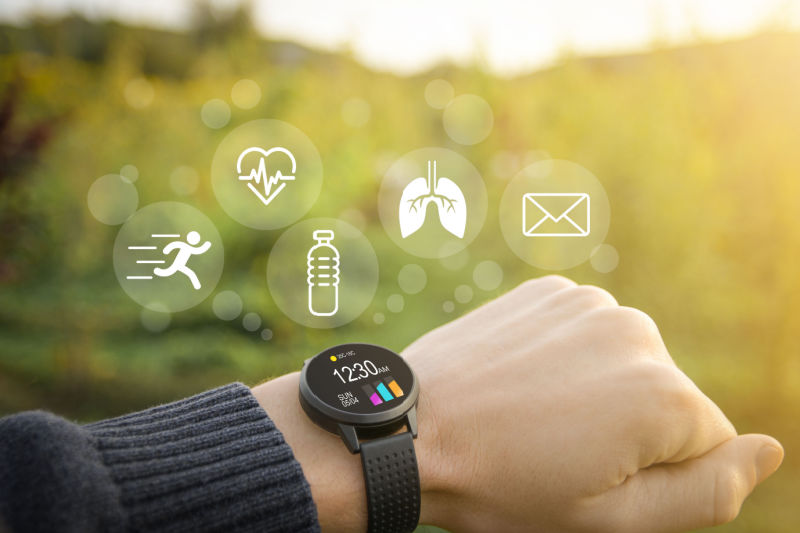
BMR helps determine your Total Daily Energy Expenditure (TDEE), therefore it can help you calculate if you are consuming an adequate number of calories as per your lifestyle. This way it can be useful to monitor your calorie consumption, especially if you want to keep your weight in check and build muscle mass in your body.
How does age affect BMR?
Your metabolism includes all of the chemical reactions required to keep your body functioning. The faster your metabolism rate, the more calories you burn. As you grow older the metabolic rate tends to drop, which in turn lowers your BMR.
For instance, one study calculated the BMR of three groups of people:
i) between ages 20–34
ii) between the ages 60–74
iii) ages over 90
Compared to the youngest group, people aged 60–74 burned roughly 122 fewer calories, while people over 90 burned around 422 fewer calories.
Here are some of the reasons your age affects your BMR.
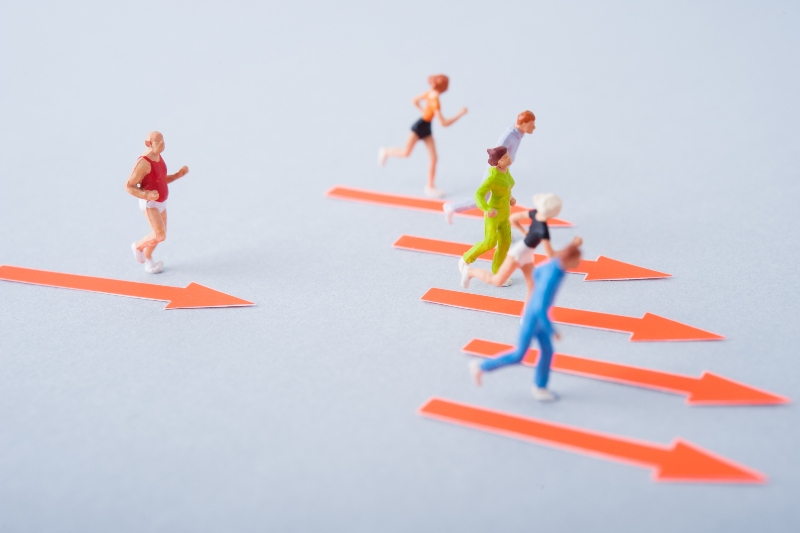
Here are some of the reasons your age affects your BMR.
-
Slow metabolic processes
The mitochondria generate energy for your cells, while the sodium-potassium pumps generate nerve impulses as well as muscle and heart contractions. Both of these components slow down as you grow older, which progressively reduces your metabolic rate.
-
Muscle loss
An average adult can lose anywhere between 3-8% of muscle mass every decade after turning 30. This can be due to a reduction in physical activity, but also because the production of growth hormones, testosterone or estrogen also decreases.
-
Reduced activity
The amount of time you stay active in exercises and other physical activity tends to drop as you grow older. This means you burn fewer calories during the day, which leads to a slower metabolism.
How to calculate ideal BMR?
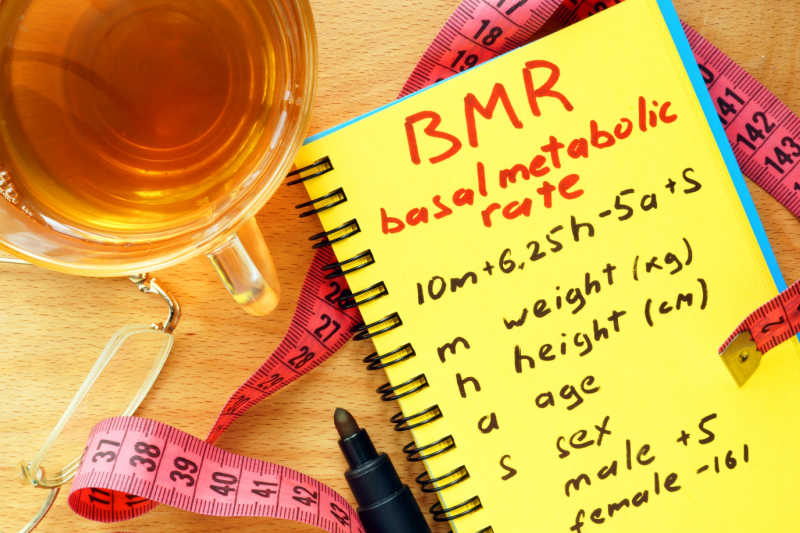
Traditionally the normal range of your ideal BMR was determined by age and gender. Here is the ‘DuBois normal standards for BMR’ breakdown or a BMR chart according to age bracket:
| Age | Male (calories per hour) | Female (calories per hour) |
| 20–29 | 39.5 | 37.0 |
| 30–39 | 39.5 | 36.5 |
| 40–49 | 38.5 | 36.5 |
| 50–59 | 37.5 | 35.0 |
| 60–69 | 36.5 | 34.0 |
| 70–79 | 35.5 | 33.0 |
However, the formula for BMR has evolved, and it now includes, height and weight in the calculation too. Here’s the is the Revised Harris-Benedict Equation for BMR:
Male: 66.5 + (13.75 x weight in kgs) + (5.003 x height in cms) – (6.775 x age in years)
Female: 655.1 + (9.563 x weight in kgs) + (1.850 x height in cms) – (4.676 x age in years)
You can use this formula or simply use our basal metabolic rate calculator and find your ideal BMR.
Importance of BMR
Knowing what is good BMR and understanding its importance can prove to be a crucial step if you are trying to maintain weight and lead a fit and healthy life. It will also help you determine your healthy metabolic age so that you can change your lifestyle to achieve your fitness goals. It will also help you understand the required calorie intake suited for your body.
How to lose weight using BMR?
If you plan to go on a fitness journey and want to achieve your goals, one of the most significant ways to determine that is by creating a calorie deficit. What that means is to see a change in your weight, you need to burn more calories than you consume. You can only calculate these figures with the help of your BMR and RMR.
How to speed up metabolism?
By understanding the RMR and BMR meaning, you can seek a professional’s help who will prescribe a customized diet and exercise regime for you. Apart from that, drinking loads of water, walking and running regularly, sleeping well, lifting weights, incorporating muscle training in your fitness journey, and eating a protein-rich diet can help speed up your metabolism. These steps will also help create a calorie deficit fit for your body.
Take these steps to maintain a healthy lifestyle and correctly calculate your BMR and RMR to fulfill all your health goals.
Stay tuned to the Activ Living Community. Stay updated with the latest health tips and trends through expert videos, podcasts, articles, and much more in nutrition, fitness, mindfulness, and lifestyle conditions like Asthma, Blood Pressure, Cholesterol, and Diabetes.
You may also be interested in the following blogs:
- New Calorie-Conscious Resolution Made? First Know The Ideal BMR For Your Age
- Stamina VS Endurance: Which Is More Important For Your Fitness Goals
Popular Searches
How to lower blood pressure | Fruits good for liver | Unhealthy foods | Ragi Benefits | Basal Metabolic Rate | Acupressure points for High Blood Pressure | Ayurvedic medicine for blood pressure | How to control cholesterol at home | Homeopathy for Asthma | Biological Age | Home remedies for TB | Natural beta blockers | Negative effects of internet | Types of walking | Blood pressure calculator | Blood sugar calculator | BMI Calculator





 1800-270-7000
1800-270-7000

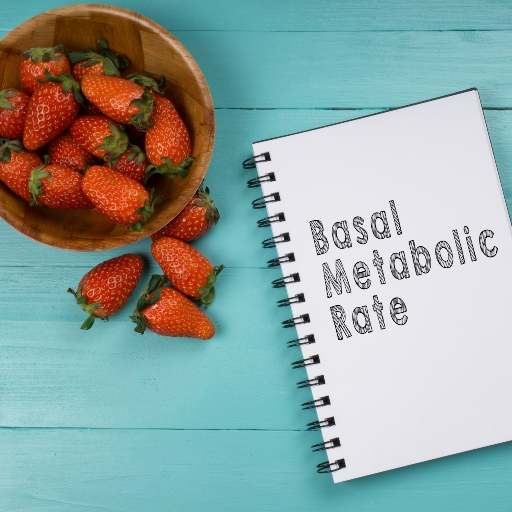
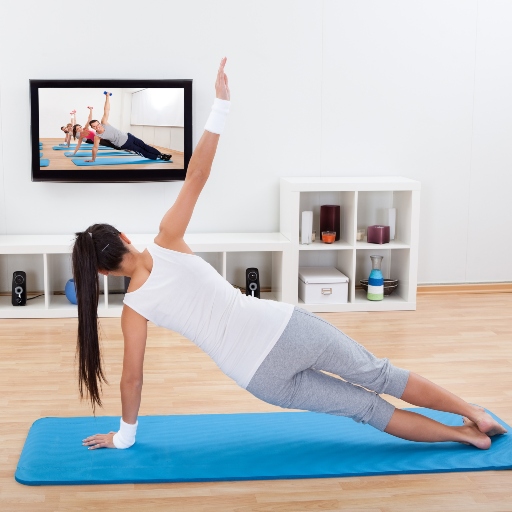




Its very well written; I love what you’ve got to say.